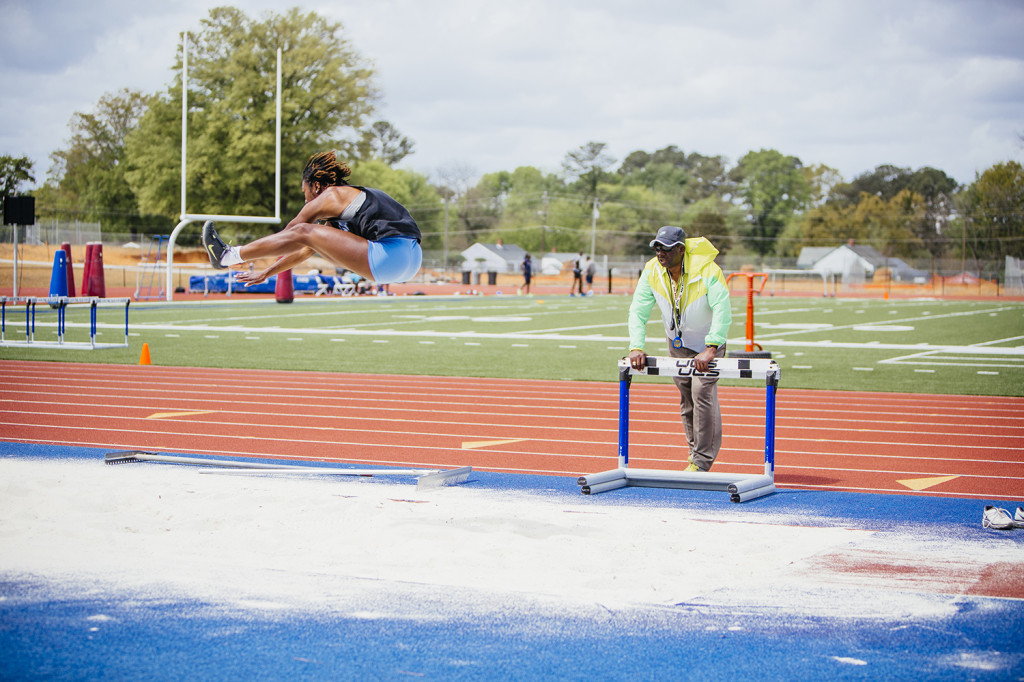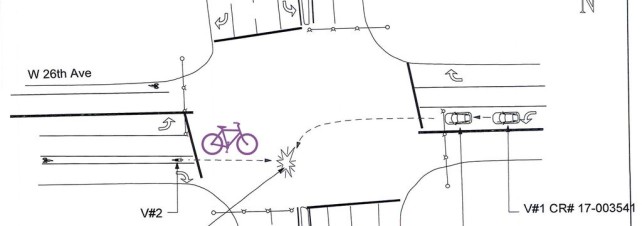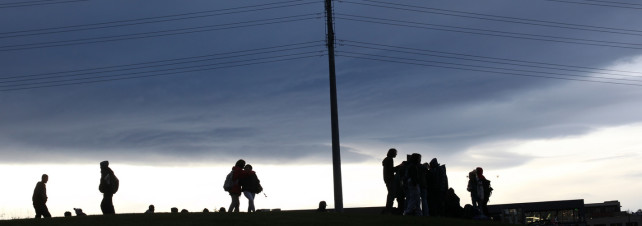I write often for Walter Magazine, a glossy pub about life in Raleigh. A few of my stories have been about sports in which I’m not an expert, for better or worse. In this case, a certain degree of removal allowed me to focus on the social structure and bonds that brought a decades-long series of stars and championships to George Williams and his underfunded program.
All photos for this story were shot by Geoff Wood and used with his kind permission.
RALEIGH – Coach wears black athletic gear today. There’s a blue sky above his brick-red running track, a shadow on his face from his ball cap, and a ring with seven diamonds on his finger. He blows his whistle once, lets it drop, and mouths a few words as his runners jog toward him.
This is George Williams. This track and field, named for him, sit at the end of a crumbling road, also named for him. He is 72 years old, and he eats lunch every day at St. Augustine University’s cafeteria. He is widely considered one of the best track coaches in America.
His team knows to sit for his talk. They’re months into the season already –Williams’ 38th year coaching on this gated campus near downtown Raleigh – but his speech goes, as always, to fundamentals more fundamental than running.
“We’re here to work with you,” he says, clear and quiet, “so you can get you an education, and if you can, go to the next level, or get you a job. Get a job that pays good money – pays more than $10 an hour.”
His runners have reason to listen, because others he has coached have become not just Olympians and All-Americans, but lawyers and coaches, too. Williams has taken 33 national championships and come to know thousands of athletes as he has ushered them to better lives.
Recognized nationally but little known to the public, this Division II coach led the U.S. Olympic men’s track and field team in Athens in 2004 and still trains a corps of some of the fastest professional runners in the world.
In England they call him Sir George; in South America, Señor Jorge. In Afrikaans, he’s Die Magtige: The Mighty One.
In Raleigh, where they call him Pup, he’s worried.
“We’ve just got to get this program back going like it used to be,” Williams tells his runners.
Read the rest at Walter Magazine.



